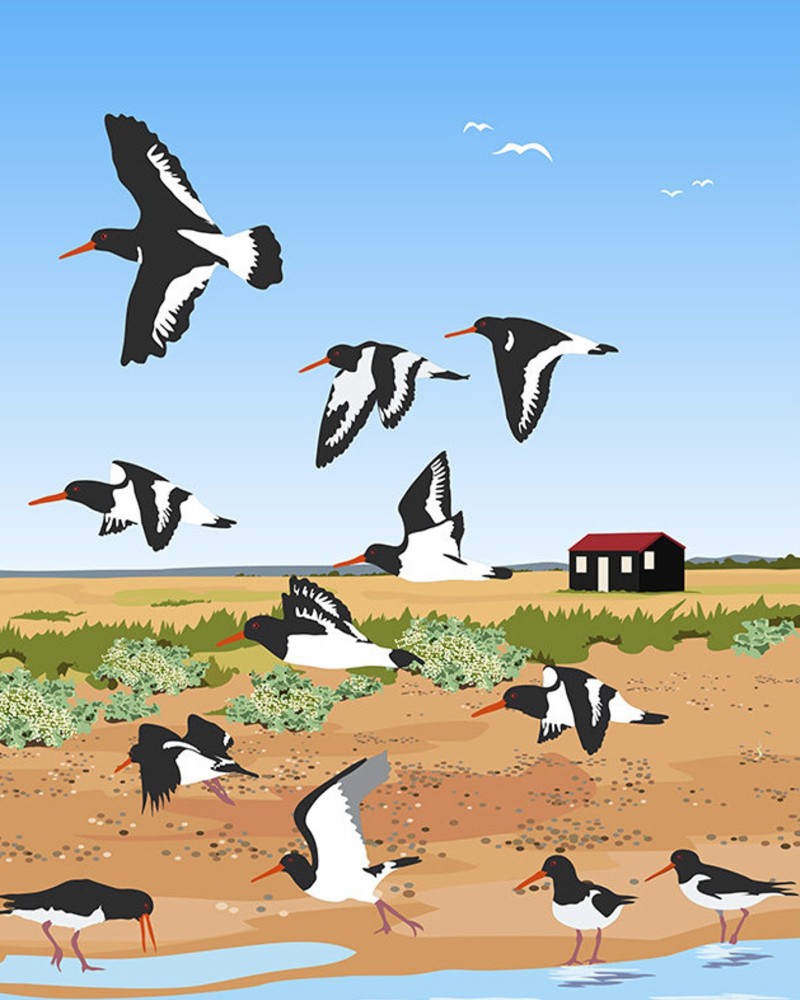Empathy for Lobsters: Why They Matter

Lobsters are huge creatures (they are blue, only orange when people cook them) that live for up to 100 years in the wild (when not eating each other, they do have cannibal tendencies). They also keep the ocean clean, eating leftover fish, and help control sea urchin numbers.
Lobsters are mostly solitary – but spiny lobsters ‘hold hands’ while migrating across the ocean!
New evidence shows that like crabs, lobsters have central nervous systems so can feel pain. And the only ‘humane way’ to kill them is through stunning, and most people don’t have the skill or equipment to d this. Freezing them while alive or stabbing in the head are not acceptable humane ways of cooking. They also struggle terribly, when cooked alive in boiling water.
End Live Sales: Compassion in Supermarkets
The charity Crustacean Compassion (which campaigns to stop the sale of live lobsters and crabs) wants it to be illegal for non-trained people to kill them. They also want the end of selling live crustaceans in overcrowded tanks, and an end for langoustines (scampi) having their tails ripped off (while alive) for the food industry.
They are also trying to ban the eating of live octopus, and even campaign for welfare of cuttlefish (dried versions often used to entertain bored budgies in cages).
When doing surveys with supermarkets, it found that all (bar Marks & Spencer and Waitrose) have hardly any welfare policy for selling crustaceans. Even though by law, they are now recognised as sentient beings.
Sign the petition to ask the government to act.
Although well-meaning, releasing lobsters from salt water to freshwater (or the other way around) usually won’t save them as they will die anyway. This is due to different water temperatures (lobsters are cannibals and may well eat declawed lobsters).
Plant-Based Alternatives to Lobster Meat

If you like the taste of lobster, there are many plant-based alternatives. If using hearts of palm, choose multi-stemmed varieties (not single-stemmed) Or better yet, sub with local canned artichokes.
This vegan lobster roll (Veggie Desserts) is made with hearts of palm (or use canned artichokes) along with celery, red onion, lemon juice, chives and Old Bay Season with vegan mayo.
Avoid seaweed for thyroid/iodine issues. Read more on food safety for people & pets (many human foods including onion, garlic, mushrooms and spices are unsafe near animals).






